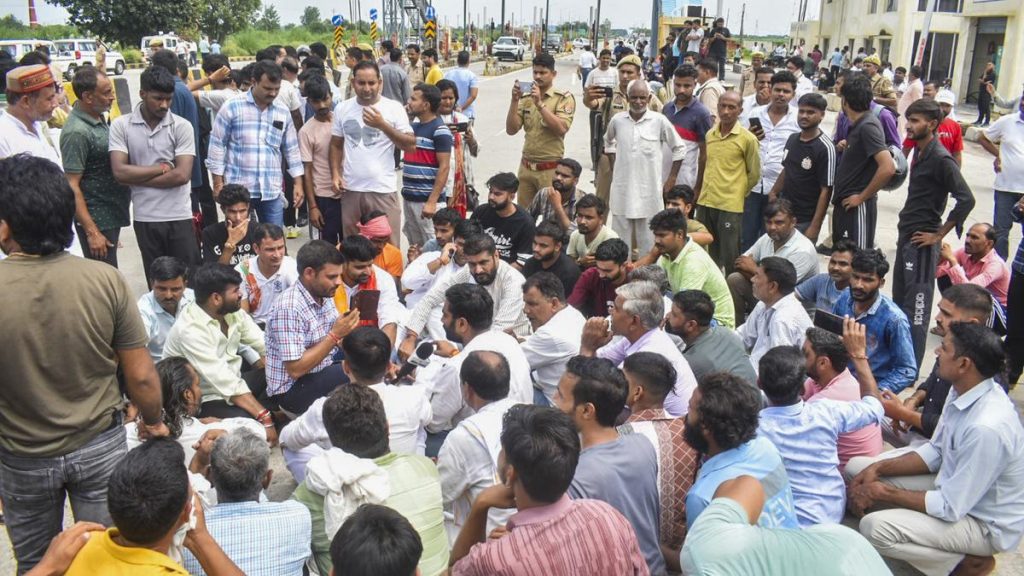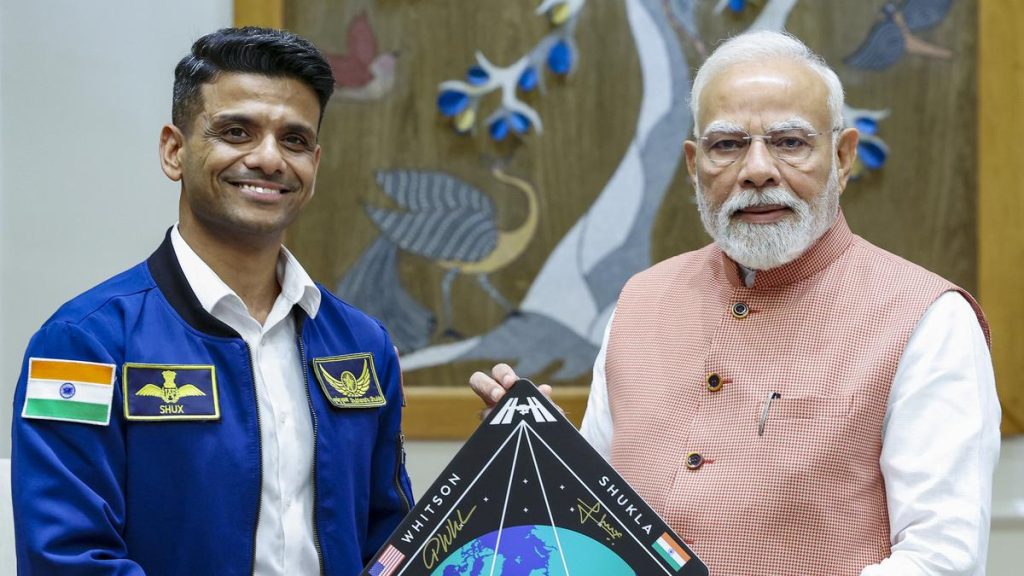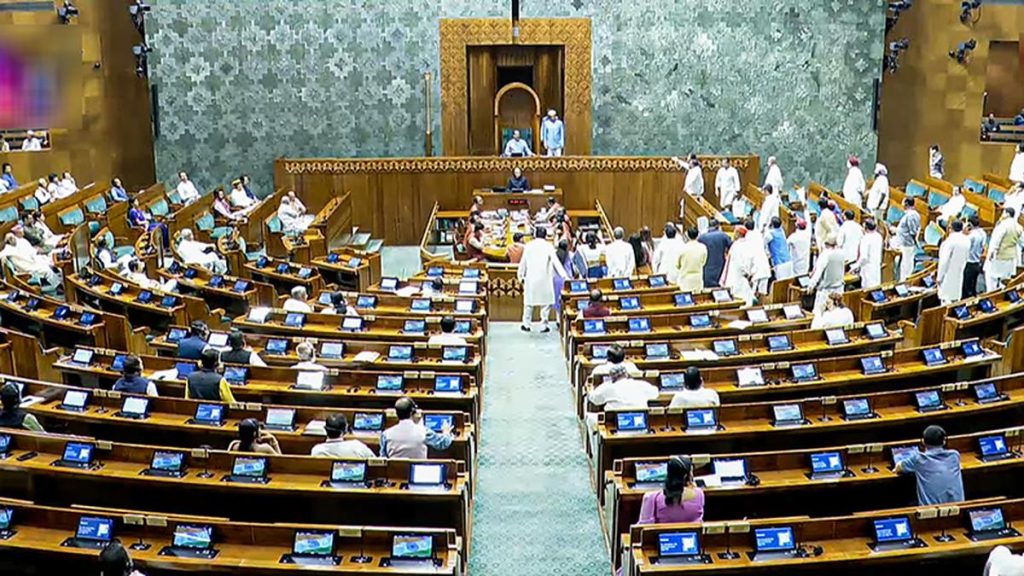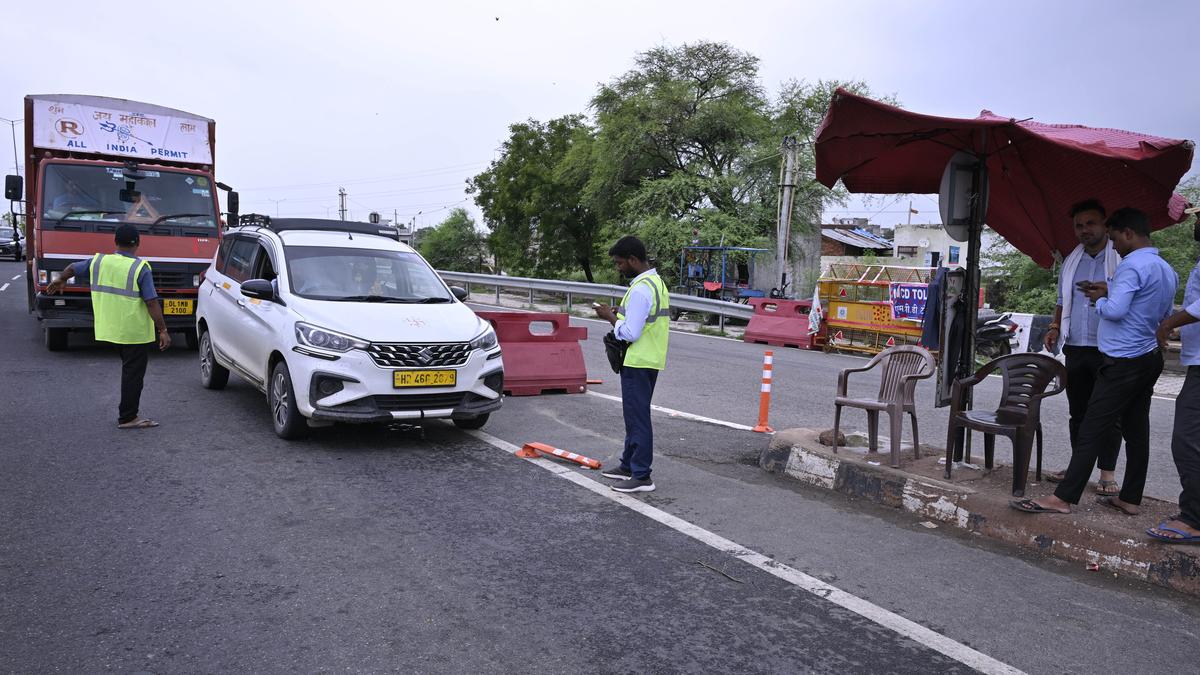Now Reading: Who Controls UT Assembly Nominations? Explained
-
01
Who Controls UT Assembly Nominations? Explained
Who Controls UT Assembly Nominations? Explained
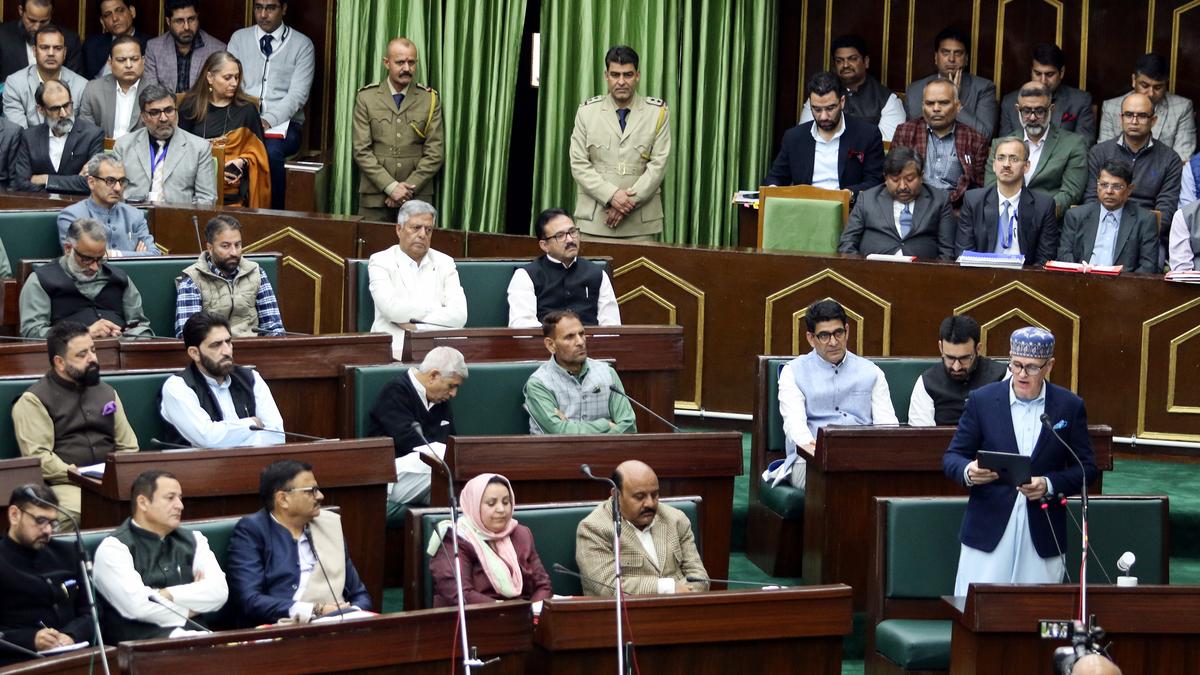
Quick Summary
- Union Home Ministry Statement: In an affidavit submitted to the Jammu & Kashmir (J&K) and Ladakh High Court, the Union Home Ministry stated that the Lieutenant Governor (LG) of J&K has the power to nominate five members to its Legislative Assembly without requiring advice from its Council of Ministers.
- Constitutional Context:
– Nomination is provided for in central and state legislatures under specific conditions.
– Anglo-Indian member provisions for Lok Sabha and State Assemblies were discontinued in 2020.
– In six states with Legislative Councils, governors nominate members based on advice from respective state governments.- Relevant acts provide nomination structures for assemblies in Union Territories like Delhi and Puducherry.
- J&K Assembly Composition:
– J&K Reorganisation Act,2019 allows for a total of 90 elected seats.
– Specific provisions allow the LG to nominate up to five members: two women, two Kashmiri migrants, and one displaced person from Pakistan occupied Kashmir.
- Judicial Precedents:
– Madras High Court upheld Union government’s nomination powers for Puducherry Assembly but suggested clarity through statutory amendments. Supreme Court later set aside those recommendations.- A Supreme Court judgment emphasized democratic accountability frameworks where LGs should act based on ministerial advice except in areas outside assembly jurisdiction (as in Delhi case).
- Potential Implications for Democracy:
The ability of nominated MLAs can shift majority-minority dynamics within smaller assemblies like J&K’s or Puducherry’s due to political differences between Center and UT government.
Indian Opinion Analysis
The issue surrounding nominations by Lieutenant Governors highlights broader questions about democratic accountability within India’s federal structure.While Union Territories (UTs) do not enjoy full statehood privileges, their elected assemblies represent significant populations that demand retention of popular mandates. The controversy over whether such nominations should require council approval touches upon balancing centralized control against regional autonomy-a delicate matter given India’s diversity.For Jammu & Kashmir in particular-once a fully autonomous state-the reorganization into a UT places renewed scrutiny on governance changes post-2019. Developing consensus over procedures relating to nominated MLAs may uphold both democratic principles and avoid contested political outcomes that perhaps undermine public trust. Timely clarity or amendments aligning such rules with established precedents could prove crucial as India seeks cohesive governance across its territories amidst varying local complexities.


